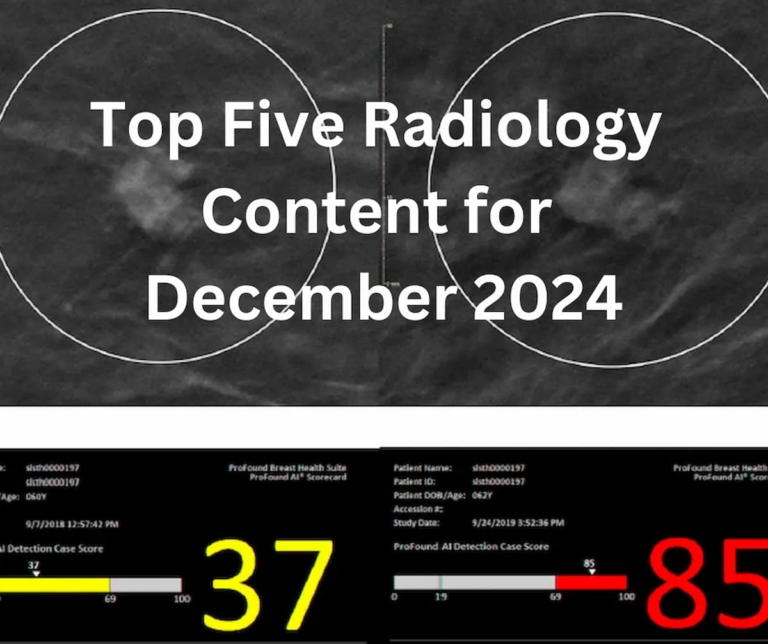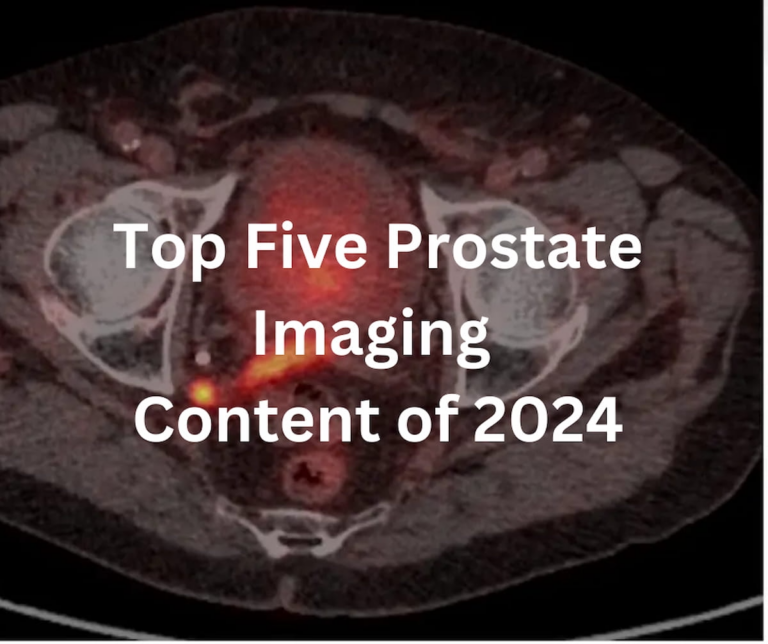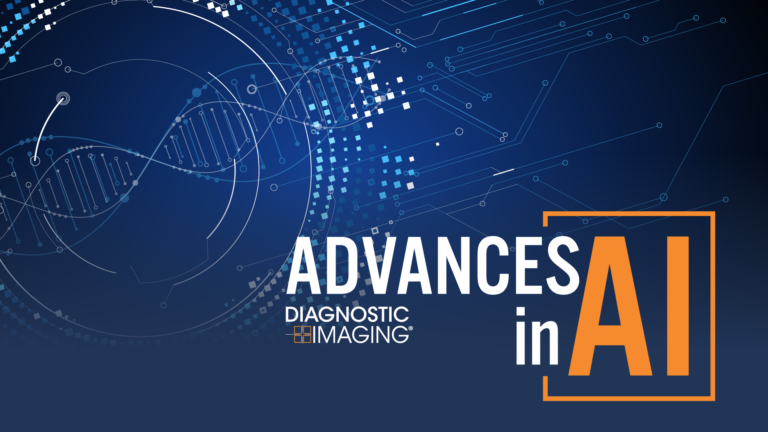
The Food and Drug Administration (FDA) recently approved a cutting-edge artificial intelligence (AI) software named EchoGo® Amyloidosis, designed to improve early detection of cardiac amyloidosis. This condition is often overlooked in patients at high risk, particularly those diagnosed with heart failure and preserved ejection fraction (HFpEF).
What sets EchoGo Amyloidosis apart is its simplicity and efficiency. It requires only a single echocardiographic video from an apical four-chamber view to assist in accurately detecting cardiac amyloidosis. Ultromics, the company behind this innovative software, highlights its potential to significantly enhance diagnostic precision in identifying the disease, which historically gets missed, leading to advanced complications before proper interventions can be employed.
EchoGo Amyloidosis has demonstrated remarkable efficacy, as revealed by data submitted to the FDA. The software achieved an impressive sensitivity rate of 84.5 percent in detecting cardiac amyloidosis among patients aged 65 and older who have heart failure. Beyond sensitivity, the AI showed a specificity rate of 89.7 percent in this demographic, demonstrating its reliability across various scenarios and reducing the likelihood of false positives.
The AI doesn’t just maintain accuracy in general cases; it shows consistency across different amyloidosis subtypes. This includes AL amyloidosis, showing a sensitivity of 84.4 percent, hereditary transthyretin (TTRv) amyloidosis at 86.3 percent, and wild-type transthyretin amyloidosis at 85.8 percent. Such consistent performance across variants is crucial, as each subtype can demand different clinical approaches and treatments.
Dr. Sanjiv J. Shah from Northwestern University acknowledges the importance of enhancing cardiac amyloidosis detection. He emphasizes that the earlier the disease is identified, the better the therapeutic outcomes are for patients. He points out the utility of AI-powered tools like EchoGo Amyloidosis in diverse healthcare settings, especially in environments constrained by limited expertise and resources. In clinics and hospitals where specialized knowledge may not be readily available, this AI tool can bridge gaps, ensuring patients receive accurate diagnostics promptly.


